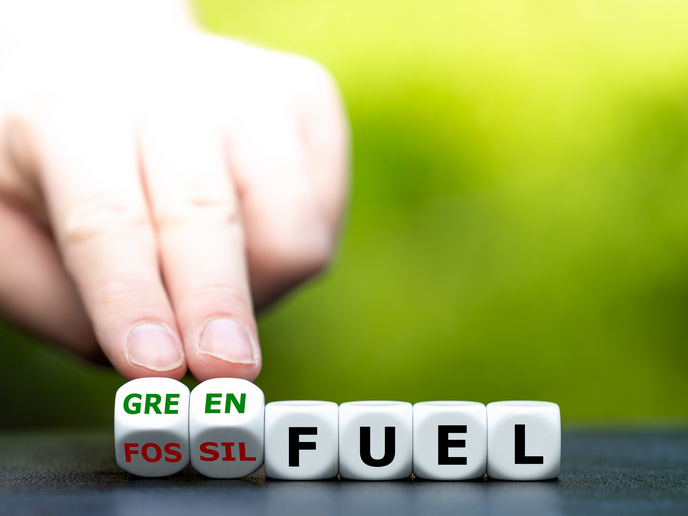Biofuel innovations improve conservation and economy
Forestry in Brazil is a hot topic. The country's growing conditions place it at the forefront of biofuel materials production, but the industry is also the subject of great environmental concern. Sustainable forestry there requires balancing economic and environmental considerations. Doing so is increasingly possible, thanks to EU-funded scientific innovations. Recently, a group of EU-funded researchers partnered with two forestry companies to develop the LIGNODECO project. Their primary objective was to reduce Europe's dependence on fossil fuels typically needed to produce chemicals required to produce paper and biofuels. LIGNODECO also aimed to improve sustainability throughout the biofuel and paper-making process. LIGNODECO concentrated on elephant grass (Pennisetum spp) and five eucalyptus clone types, all of which are extraordinarily productive in Brazil. After extensive analysis of the physical and chemical make-up of these plants, LIGNODECO developed novel processes for breaking down lignin, hemicelluloses and cellulose in these species. Pre-treatments that break down these components are the first step in biofuel and paper production, and can considerably improve processing efficiency. The project partners have patented several treatments — including alkaline cooking, an ethanol-based solvent and various enzymes — that require no fossil fuel-based solvents and are more efficient at breaking down plants. Additionally, LIGNODECO confirmed that their study species are multifunctional; the target plants are prime candidates for shifting paper pulp mills into biorefineries. Researchers also discovered that eucalyptus produces a high-quality writing paper pulp and that elephant grass yields a highly absorbent tissue-grade pulp. Finally, LIGNODECO contributed to waste stream efficiency improvements that will considerably reduce the detrimental ecological impacts of paper and biofuel processes. In particular, the team identified techniques and opportunities to use effluent sludge from kraft paper mills as a biofuel. Furthermore, the ethanol-based solvent used to pre-treat material destined for biofuel use is actually a by-product of processing the biomass. Through technical innovation, LIGNODECO reduced the paper industry's dependency on fossil fuels, thereby reducing carbon dioxide emissions. Simultaneously, LIGNODECO improved the industry's ability to exploit perennial grasses and other perennial bioenergy crops. These crops provide more diverse wildlife habitat, healthier root systems and soil quality, and have greater capacity to sequester carbon than row crops.







